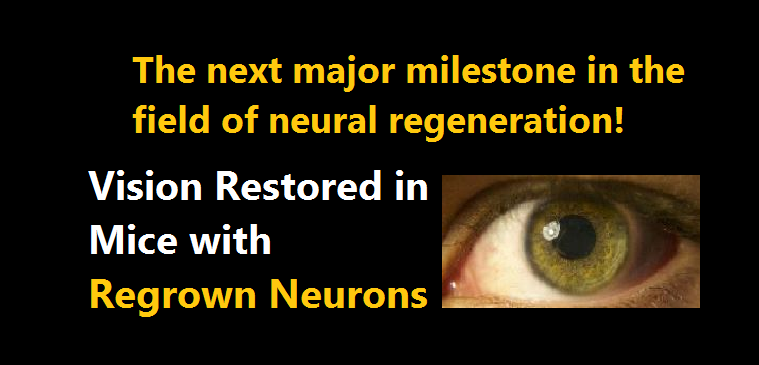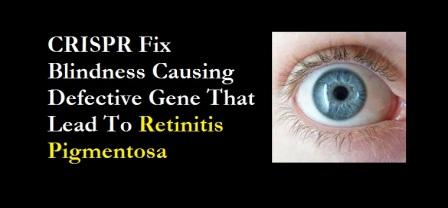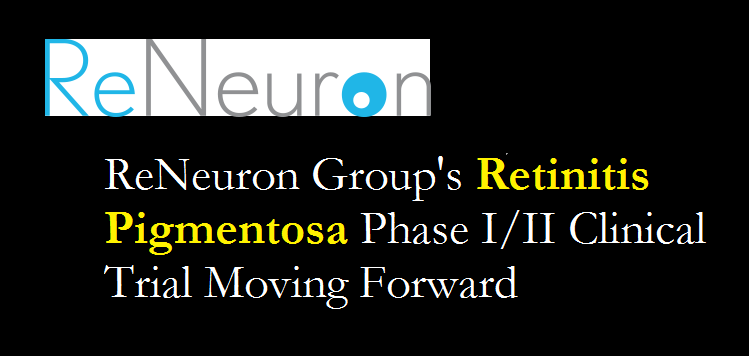Vision Restored in Mice With Regrown Neurons
Here’s another hope for the visually impaired across the world. In a new experiment in the US, the vision of visually impaired mice restored to some level by regrown neurons and in future it is expected to be replicated in humans too.
The Result and what the study suggests?
The scientists were able to grow back fewer than 5 percent of the damaged retinal ganglion cells, and this made a difference (improvement) in the mice’s vision and this happened due to regrown neurons.
The study is headed by, Andrew Huberman, the Stanford neurobiologist, told Scientific American,
The brain is very good at coping with deprived inputs,
The study also supports the idea that we may not need to regenerate every neuron in a system to get meaningful recovery.
The cells in a mammals’ central nervous system never grow again, once reaching maturity, since they usually flip off a “growth switch”, but in this the researchers used genetic manipulation to turn this switch back on. Yes, this activated the so-called “mammalian target of rapamycin” (mTOR) signaling pathway that helps stimulate growth. After that they exercised the damaged eye, putting it to work by showing the mouse a display of moving, high-contrast stripes.
“When we combined those two—molecular chicanery with electrical activity—we saw this incredible synergistic effect,” Huberman says. “The neurons grew enormous distances—500 times longer and faster than they would ordinarily.”
For getting the accurate results, the researchers covered the mouse’s good eye and force it to look at the stripes only with its damaged eye.
Other diseases?
With that, scientists are even considering this as a breakthrough to tackle diseases and injuries like Alzheimer’s, glaucoma, spinal cord injuries, etc.
Future developments
The study suggests that other brain cells may persuade into self-repair someday, he states, potentially restoring some movement after spinal cord damage, reversing memory-related diseases such as Alzheimer’s and minimizing the social deficits of autism. So, regrown neurons may work in future.
The scientist hope that this work could be useful within a few years for helping people dealing with early-stage glaucoma avoid the degeneration that leads to blindness
He further stated about the future developments,
There are going to be many, many cases in which glaucoma could be potentially treated by enhancing the neural activity of retinal ganglion cells.
Study lead by?
Andrew Huberman, the Stanford neurobiologist, lead the study. He has years of history of developing ways to identify and flag different kinds of cells in the visual system.
Published Study> Nature NeuroScience
News Source> Scientific Experiments




